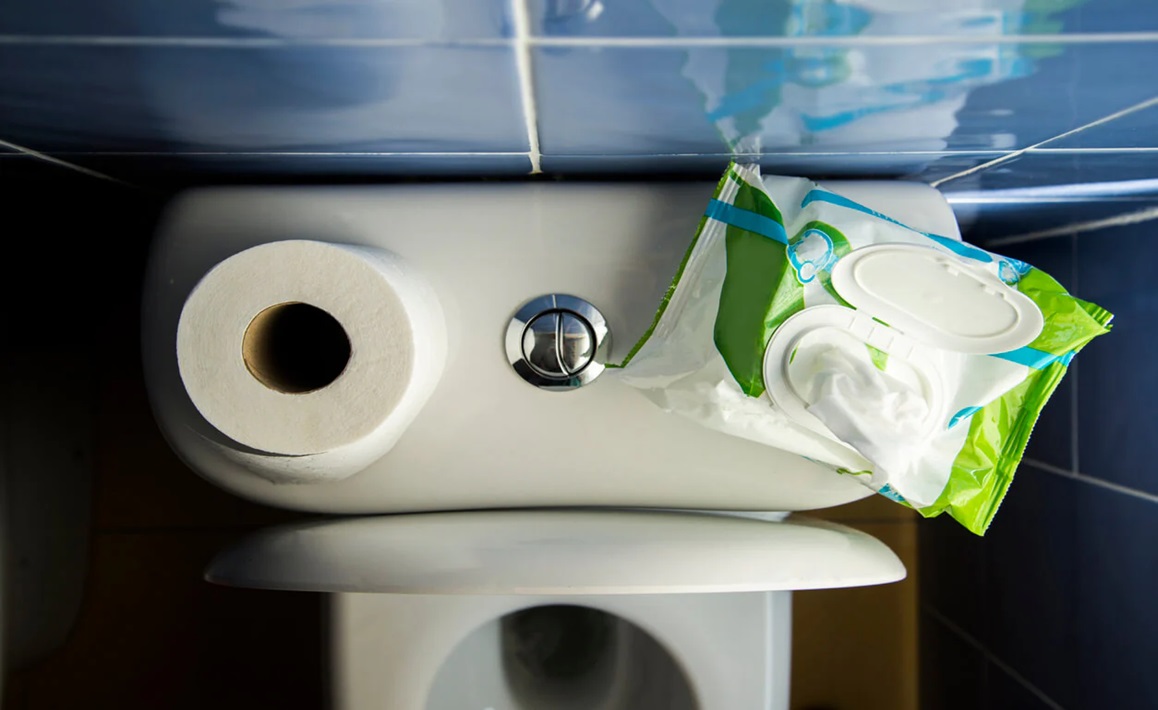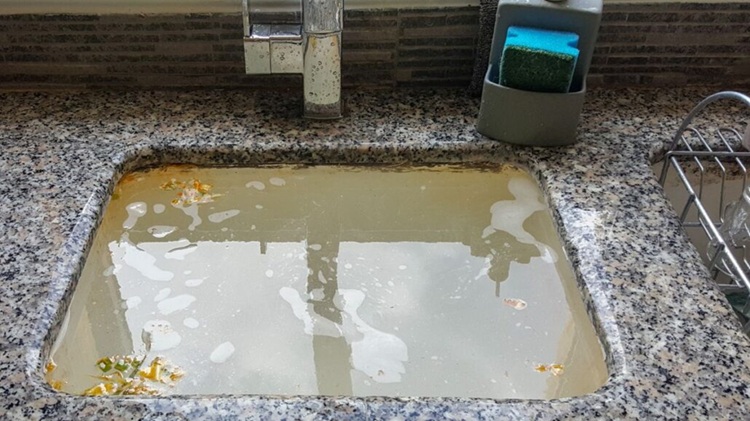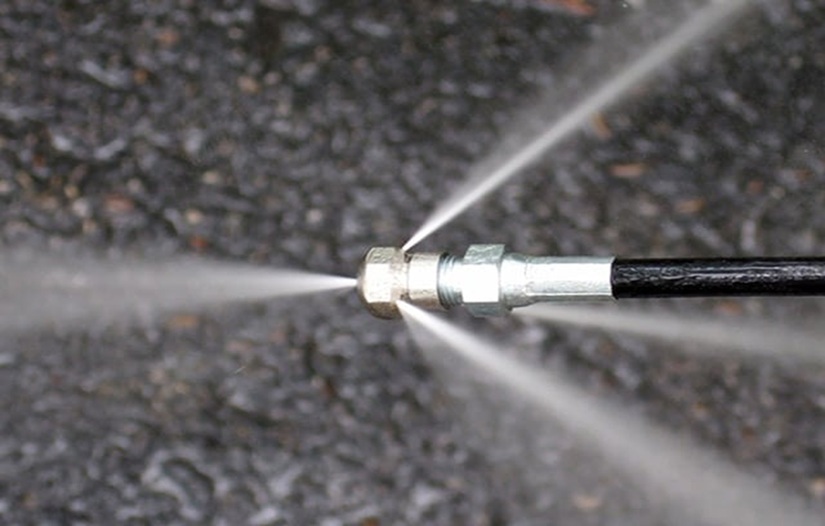When it comes to flushing non-flushable items, it’s easy to think, “What’s the worst that could happen?”.
But the truth is, flushing things that don’t belong in your plumbing system can lead to serious consequences for both your home and the environment. Let’s dive into some of the common myths about what you can and cannot flush, and what really happens when you disregard those warnings.
As a plumber in Simpsonville, RooterMan of Upstate has seen it all—clogged drains, damaged pipes, and even citywide plumbing disruptions caused by people flushing items that don’t break down as they should. So, what’s the real story behind these myths? Let’s bust them once and for all.
Myth 1: “Flushable” Wipes Are Safe to Flush
This is one of the most common misconceptions. Despite being marketed as “flushable,” these wipes do not disintegrate in water like toilet paper. Instead, they stay intact, causing blockages in your pipes and wreaking havoc on the larger sewage system.
The Reality:
Flushable wipes are thick and durable, making them ideal for cleaning—but terrible for your plumbing. They don’t break down easily and often accumulate in the pipes, leading to clogs. If you’ve been using these wipes and flushing them down the toilet, you could be setting yourself up for a costly plumbing issue that requires a professional plumber in Simpsonville to resolve.
Myth 2: Feminine Hygiene Products Can Be Flushed
Many people believe that tampons and sanitary pads are safe to flush down the toilet. After all, they’re small, right? The problem is that these products are designed to absorb moisture and expand. Once flushed, they can easily block the pipes.
The Reality:
Feminine hygiene products don’t dissolve in water and can cause serious plumbing blockages. Once they expand in the pipes, they get stuck and accumulate other debris, resulting in a costly plumbing emergency. You should always dispose of these products in the trash to avoid calling your local plumber in Simpsonville for help with a backup or clog.
Myth 3: Flushing Food Waste is Harmless
You may think that food waste is no different from human waste, but your plumbing system sees it differently. Even small scraps of food, when flushed, can stick to the pipes and attract other debris, leading to blockages over time.
The Reality:
Food, particularly greasy or fibrous items, does not break down quickly in the sewage system. This can lead to a buildup that may cause a blockage in your home’s plumbing, or worse, a blockage in the city’s sewer lines. The best way to dispose of food waste is through composting or by using a garbage disposal unit (for small quantities), not through your toilet.
Myth 4: Dental Floss is Small, So It Can’t Cause Harm
Dental floss might seem harmless because it’s thin and small, but when flushed, it can act like a net, catching other debris and tangling in the pipes.
The Reality:
Floss does not biodegrade and can wrap around other objects in your pipes, creating a large blockage. Over time, this can cause serious damage to your plumbing system, leading to the need for a professional plumber in Simpsonville to fix the problem. Always throw dental floss in the trash, not the toilet.
Myth 5: It’s Okay to Flush Hair Down the Toilet
Like dental floss, hair is another common culprit behind clogged pipes. Whether it’s from shaving or brushing, flushing hair down the toilet can lead to serious plumbing issues over time.
The Reality:
Hair tangles and binds together in water, creating clumps that are difficult to break apart. These clumps trap other debris and can create blockages deep in your plumbing system. Rather than flushing hair, throw it in the trash to prevent unnecessary plumbing headaches.
What Happens When You Flush Non-Flushable Items?
When non-flushable items are sent down the toilet, they create blockages not only in your home’s pipes but also in the city’s sewer system. Over time, these clogs can lead to sewage backups, water contamination, and expensive repairs for both homeowners and municipalities. In some cases, entire sewer systems need to be cleaned out because of improper flushing, leading to environmental and public health concerns.
For homeowners, flushing non-flushable items can result in costly repairs that could have been avoided. A clogged pipe may require professional hydro-jetting or even the replacement of damaged sections of your plumbing system. If the blockage extends into the city’s sewer system, it could affect your entire neighborhood, causing widespread disruptions.
Conclusion: Keep Your Plumbing Safe with RooterMan of Upstate
Understanding what really happens when you flush non-flushable items is key to avoiding costly plumbing issues and protecting the environment. Whether it’s so-called “flushable” wipes, food waste, or dental floss, the best rule of thumb is to keep these items out of your toilet and dispose of them properly.
If you’re dealing with a clog or need expert advice on maintaining your plumbing system, the team at RooterMan of Upstate is here to help. With decades of experience serving residential and commercial properties across the Upstate, we’re your go-to experts for all things plumbing.
Don’t wait until a small issue becomes a big problem. Book an appointment today and let a professional plumber in Simpsonville take care of your plumbing needs. Whether it’s drain cleaning, sewer line repairs, or emergency services, we’ve got you covered.





